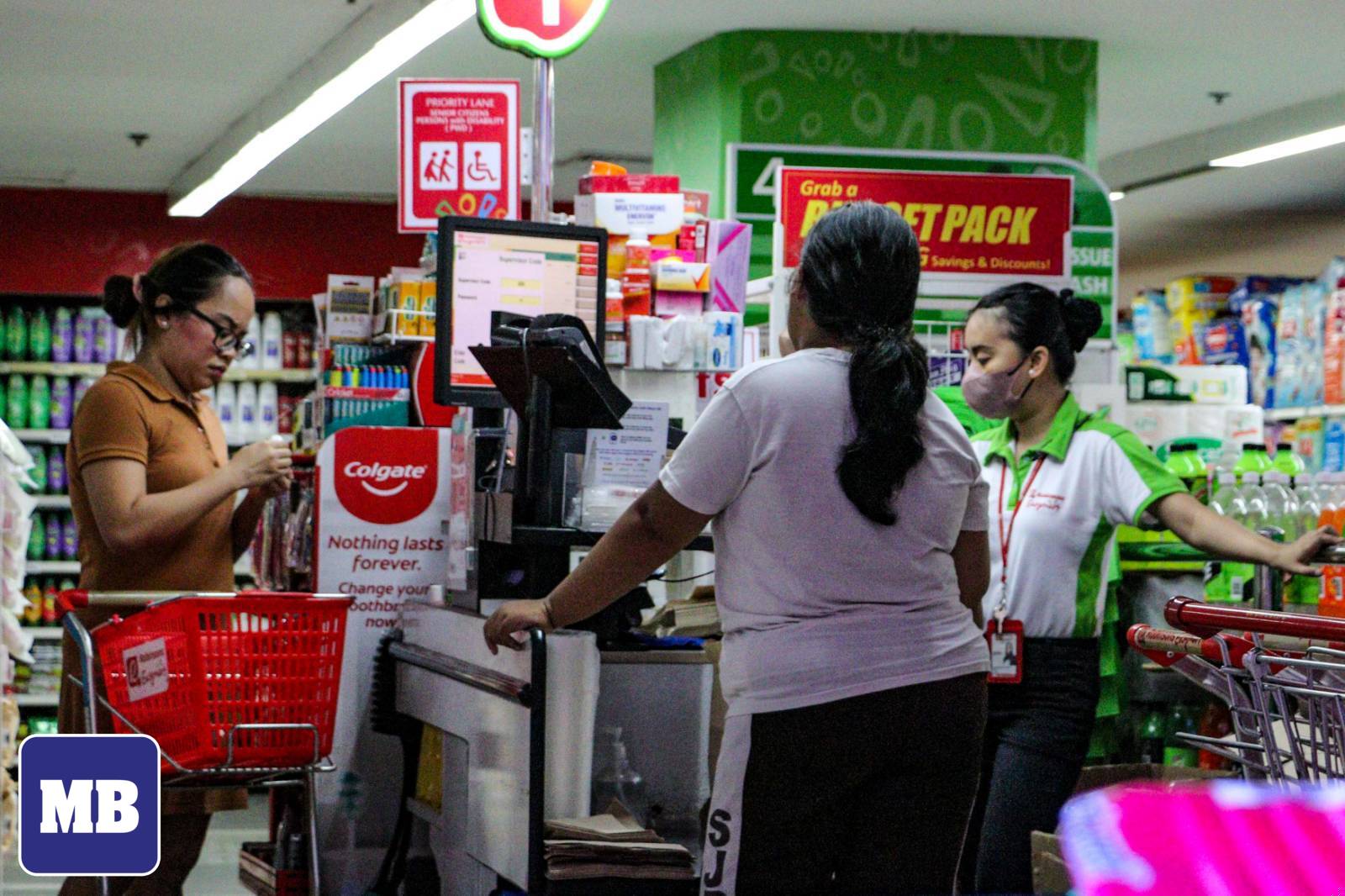Villafuerte pushes for bill that expands price freeze on goods during calamities
At A Glance
- Camarines Sur 2nd district Rep. LRay Villafuerte has reiterated the need for Congress to pass measure that makes it easier and quicker for the government to prevent undue hikes in the prices of food and other essential goods during superstorms or other natural disasters.
 (MANILA BULLETIN)
(MANILA BULLETIN)
Camarines Sur 2nd district Rep. LRay Villafuerte has reiterated the need for Congress to pass measure that makes it easier and quicker for the government to prevent undue hikes in the prices of food and other essential goods during superstorms or other natural disasters.
Villafuerte batted on Friday, July 26 for the approval of his House Bill (HB) No.7977--which seeks to amend Republic Act (RA) No. 7581 or the “Price Act” of 1992--on the heels of the Department of Trade and Industry (DTI)’s imposition of a price freeze.
The price freeze followed the declaration of a state of calamity in Metro Manila, which, along with four other regions in Luzon was battered by the rains brought by Typhoon "Carina" and the southwest monsoon (Habagat).
The bill seeks to empower the Price Coordinating Council (PCC) or any of its member-agencies to expand on their own the list of food and non-food items to be covered by a price freeze whenever there are emergencies or calamities.
“To further protect consumers against hoarding, profiteering and other forms of price manipulation in the wake of super typhoons and other natural disasters or emergencies, the Congress needs to amend...the ‘Price Act’ by authorizing the PCC or any of its member-agencies to include or exclude by motu propio (of its own action) specific goods from the list of BNPCs (basic necessities and prime commodities) that are subject to price control for the duration of any emergency or natural- or man-made calamity,” Villafuerte said.
Carina (international name: Gaemi) had turned into a super typhoon as it exited the Philippines on its way to Taiwan. Before this, it left a lot of areas in the metropolis under flood.
“An easier-to-declare price freeze on BNPC commodities, as envisioned under HB No.7977, will best ensure that basic goods will remain affordable and accessible to people in areas affected by natural disasters or other emergencies,” Villafuerte said.
"This bill aims to initially expand the list of commodities to be covered by price control by including these four goods by virtue of their mass and necessary usage: potable water, kerosene, liquified petroleum gas (LPG) and instant noodles," noted the National Unity Party (NUP) president.
Considered as “prime commodities” under the “Price Act” are fresh fruits; flour; dried, processed or canned pork; beef and poultry meat; dairy products not falling under basic necessities; noodles; onions; garlic; vinegar; patis; soy sauce; toilet soap; fertilizer; pesticides; herbicides; poultry; swine and cattle feeds; veterinary products for poultry, swine, and cattle; paper; school supplies; nipa shingles; sawali; cement; clinker; GI sheets; hollow blocks; plywood; ply board; construction nails; batteries; electrical supplies; light bulbs; and steel wire.
Also included on the BNPC list are all medicines classified as essential drugs by the Department of Health (DOH).
Villafuerte explained that, “HB No.7977 thus aims to expand the definition of BNPC through the inclusion of other goods deemed to be necessities under certain situations identified in the law."
“This proposed amendatory law also provides a mechanism for greater flexibility in their respective coverage through administrative fiat, without the need for legislative enactment,” said the Bicolano.
The bill mandates the DTI to come up within 90 days of the effectivity of this proposed Act its implementing rules and regulations (IRR), in consultation with the other PCC members and stakeholders.